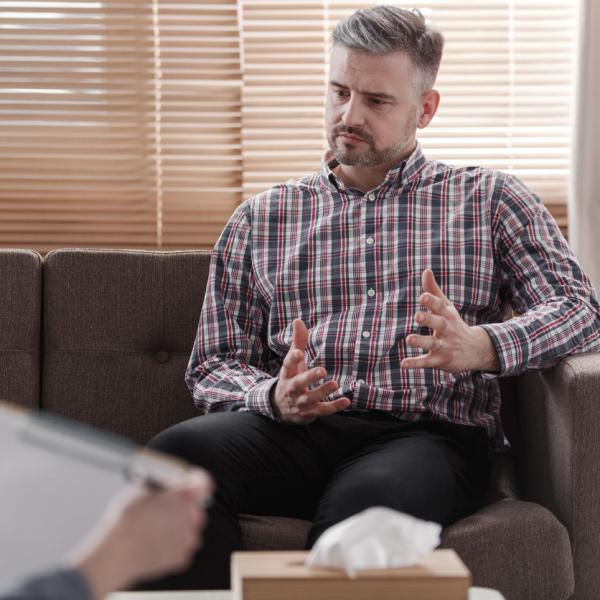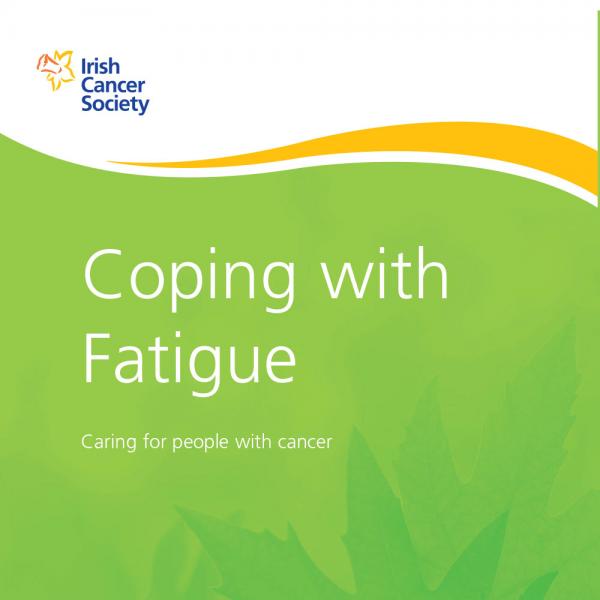Cancer and work

A cancer diagnosis will most likely have a big effect on your ability to work, both in the short and long term.
However, if you feel you are able, you may want to continue working so that you can keep some routine or “normality” in your life. Or, you may feel that you cannot afford to take time out from work.
It is best to talk openly with your employer about your diagnosis and your options regarding your workload, working hours and flexibility. You will, most likely, need to take time off for tests, treatment and recovery afterwards.
Employers have a key role to play in making adjustments and in discussing your entitlements.

Working with cancer: Employer Guidelines
Learn more about your responsibilities as an employer with our page for employer resources

Am I entitled to sick pay?
In general, as an employee, you don’t have a legal right to be paid by your employer while on sick leave. It depends on your contract or terms of employment. Find out from your employer, or check your terms of employment, to see if you are entitled to sick pay.
If you have been employed for 2 years or more and have the relevant social insurance contributions, you may be entitled to receive Illness Benefit from the Department of Employment Affairs and Social Protection. Visit the Government's website for more information on Illness Benefit.
Public servants
As a public servant, if you have been diagnosed with cancer, you will get 6 months (183 days) on full pay and 6 months on half pay.
Other employed people
You may get similar benefits if you are employed by a large company, or you may get fewer or none at all. It depends on your employer and your contract.
What happens if I am entitled to sick pay?
Usually an employer will ask you to send in a medical certificate from your GP or family doctor when you are on sick leave. For example, you may have to send in a medical certificate if you are out sick for more than two days in a row. The medical certificate should state the date you are likely to return to work.
If you are likely to be out sick for a longer period, your employer may ask you to send in a medical certificate every week.
Usually your contract of employment will give a limit on the amount of sick pay you can get. For example, one month’s sick pay in any 12-month period.
If you are entitled to sick pay, your employer will probably ask you to sign over any Illness Benefit payment from the Department of Employment Affairs and Social Protection to your employer for as long as the sick pay continues. See here for more on Illness Benefit.
What happens if I am not entitled to sick pay?
If you are not entitled to sick pay from your employer, you can apply for Illness Benefit if you have enough social insurance (PRSI) contributions. If you do not have enough contributions, you should contact your local social welfare office for advice.
You will need to speak to your Department of Employment Affairs and Social Protection representative, previously known as your Community Welfare Officer.
Becoming ill when self-employed
If you are self-employed, you are likely to suffer some immediate drop in your income because of your illness. If you have critical illness or income protection insurance, you can claim against it if you become seriously ill or are unable to work for some time. You may be eligible for some social-insurance-based payments if you're unable to work.
Also, if you have been off work due to your illness and are ready to return to work, you may only be able to do so on a phased in basis, with reduced hours or limited duties.
If you do not have the relevant PRSI contributions to be entitled to Illness Benefit, you can apply for a means-tested social assistance payment, like the Disability Allowance or Supplementary Welfare Allowance.
Information for employers
If an employee tells you about their cancer diagnosis, you may need to make changes to help them manage their day-to-day worklife. Read Working with cancer: tips for employers for suggestions on how to support someone going through cancer.
More information for employers
Free information service for employers, directors and business owners.
Going back to work
When you have finished cancer treatment, you may expect to go back to your old way of life and return to work straight away. But everyone reacts differently and some people can feel tired for a year or more after their treatment ends.
It is important to be realistic about what you can manage and to look after yourself at this time. Do not pretend that you are fine if really you are not.
Cancer can also have a powerful emotional effect. If you have strong emotions, you might need to take a few months after your treatment has finished to adjust to what has happened.
For more information, see our section on coping with cancer.
Many people are keen to get back to work as soon as possible because it means they are getting back to “normal” and that they are over their cancer. If you can, plan to return to work gradually.
Most employers will help you to start back to work part-time and build up to full-time hours.
Possible challenges you may face if you go back to work:
Fatigue (tiredness)
If you find that going back to work is making you feel very tired, it can help to talk to your employer or human resource manager. Some people find that tiredness is mild and does not interfere with their work. Others find it has a greater impact. For example, you may find it hard to concentrate or make decisions.
This can affect the quality of your work. Our booklet Coping with Fatigue has useful tips on managing fatigue in the workplace. You can also call our Support Line on 1800 200 700 to ask for a print copy.
Other people’s reactions
You may find that your colleagues will have different reactions to you when you go back to work. Some people may have no idea what to say and may act like nothing has happened to you.
Others may be afraid of hurting you so they will avoid saying anything at all.

For more information
Phone
1800 200 700



